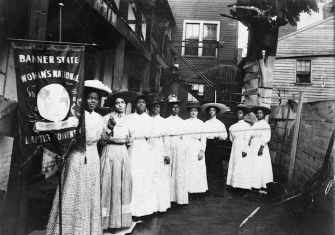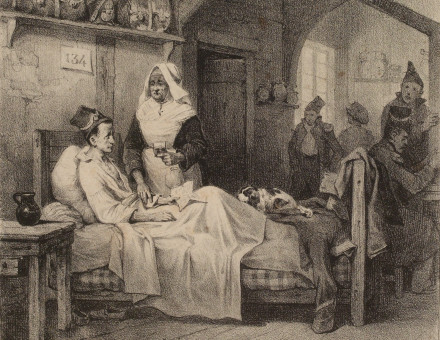After the Vote was Won
Winning the vote for women brought new energy to campaigns for social and political equality. Joanne Smith looks at the remarkable flowering of women’s associations in Britain during the 20th century.
 The representation of the People Act of 1918 gave the parliamentary franchise to women – or at least those women over 30 years of age who were either occupiers of property with an annual rent of £5 or over, or were householders, wives of householders or graduates of British universities. This partial franchise had been won by the suffrage movement after 70 years of campaigning, but it would be another ten years before the Representation of the People (Equal Franchise) Act of 1928 was passed, which enabled all women, like all men since 1918, to vote at age 21.
The representation of the People Act of 1918 gave the parliamentary franchise to women – or at least those women over 30 years of age who were either occupiers of property with an annual rent of £5 or over, or were householders, wives of householders or graduates of British universities. This partial franchise had been won by the suffrage movement after 70 years of campaigning, but it would be another ten years before the Representation of the People (Equal Franchise) Act of 1928 was passed, which enabled all women, like all men since 1918, to vote at age 21.







